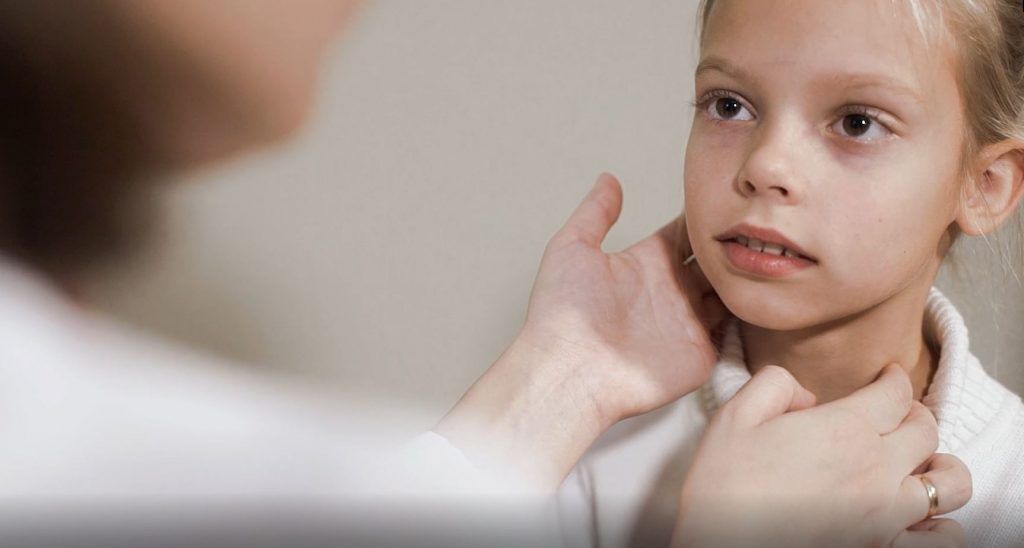
Antibiotics are a weapon to fight disease through targeting the bacteria that can cause illness. However, overuse of antibiotics can cause bacteria to develop a resistance to antibiotic treatment, which allow bacteria to continue to grow and make them difficult to kill.
According to the Centers for Disease Control, at least 2.8 million people in the U.S. get an antibiotic-resistant infection each year, and 35,000 people die. Antibiotic resistance is considered one of the biggest public health challenges of our time.
When Are Antibiotics Appropriate?
As parents, we hate to see our children sick. It can be a challenge to know when they may need a little help to fight a sickness and when they manage on their own. After all, not every illness requires an antibiotic.
Below are some common question parents ask related to antibiotic treatments for children:
- What types of illness are antibiotics used to treat?
- There are two types of germs that cause infections — bacteria and viruses. Antibiotics target bacteria, not viruses. Bacteria cause strep throat, urinary tract infections, and some sinus and respiratory infections. Viruses cause the cold and flu, cough, sore throats, and COVID-19.
Antibiotics can’t kill viruses, but they can kill specific bacteria. Some symptoms from viruses can look like bacterial infections. If a bacterial infection is left untreated, it could lead to long-term health problems so it’s important to talk to your child’s pediatrician or primary care provider.
- There are two types of germs that cause infections — bacteria and viruses. Antibiotics target bacteria, not viruses. Bacteria cause strep throat, urinary tract infections, and some sinus and respiratory infections. Viruses cause the cold and flu, cough, sore throats, and COVID-19.
- Can a cold develop into a bacterial infection?
- Cold symptoms don’t usually turn into bacterial infections. Bacterial infections don’t typically follow a viral infection such as a cough or sinus pain. Colored mucus doesn’t automatically mean a bacterial infection. If you start an antibiotic before confirming a bacterial infection, you may instead develop antibiotic resistance.
- Isn’t the easiest way to treat an ear infection with antibiotics?
- While antibiotics are useful for fighting many types of infections, there are not always required. About half of all ear infections are viral and go away without antibiotics. Over-the-counter pain medicine may help relieve symptoms. If your child’s earache gets worse and has a worsening fever, call your provider.
- My child can stop taking the antibiotic when they feel better, right?
- When prescribed, antibiotics need to be finished. If you don’t take the entire course of treatment, the infection may not be destroyed completely. Even if your child starts feeling better, encourage them to keep taking the medication or they could have to take an additional course of antibiotics.
- Can I reuse antibiotics?
- Do not give a child an antibiotic prescribed to someone else. Your doctor will prescribe an antibiotic specific to the type of infection your child has. The dosage is also specific to the weight and height of your child. A sibling may not need as much of a medication and could experience side-effects.
- Will the antibiotics work right away?
- Antibiotics should improve symptoms of a bacterial infection within 48 to 72 hours. If you are prescribed antibiotics and symptoms get worse or do not improve within 72 hours, call your provider.
Is it Safe for Children to Use Antibiotics?
The bottom line is yes. When used correctly and under the supervision of your pediatrician or primary care doctor. If you are still concerned, here are a few questions to ask your provider:
- Have you tested to confirm it is a bacterial infection?
- What are the side effects of the antibiotic you prescribed?
- How quickly should I see symptoms improve after starting the antibiotic?
It is normal for any parent to want their child to get well quickly. Most illnesses are viruses that don’t require antibiotics, and viruses can take a week to 10 days before your child feels better. Be patient and don’t hesitate to call your doctor if you have any questions or concerns. As always, wash your hands, keep a distance from anyone in your household that has symptoms, and call the doctor if your child has a prolonged or high fever as it could be a sign of something more serious.
Dr. Jessica Osman is a pediatrician with UPMC Pediatrics, 6 East Mountain Ave., South Williamsport. She is board certified, a Fellow of the American Academy of Pediatrics, and a member of the American Osteopathic Association. To schedule an appointment, call 570-321-1665.


